
Olympia: Cradle of the Ancient Olympics
Nestled in the serene valley of the Alpheios River, Olympia is a treasure trove of ancient Greek history and culture. As the birthplace of the Olympic Games, this city holds immense historical significance and offers a unique glimpse into the past. Visitors are transported back in time as they explore the extensive ruins of temples, sports structures, and the ancient stadium where athletes once competed for glory. Olympia is not just about history; it is also surrounded by lush greenery and olive groves, making it a picturesque destination. The Archaeological Museum of Olympia is a must-see, housing an impressive collection of artifacts, including the famous statue of Hermes by Praxiteles. The museum provides valuable context to the ruins, enriching the overall experience. Beyond the historical sites, Olympia offers a charming small-town atmosphere with cozy cafes and traditional tavernas serving delicious Greek cuisine. The local hospitality is warm and welcoming, making every visitor feel at home. Whether you are a history buff, nature lover, or simply looking for a peaceful retreat, Olympia has something to offer for everyone.
Local tips in Olympia
- Visit early in the morning or late in the afternoon to avoid the midday heat and crowds.
- Wear comfortable walking shoes, as the archaeological site is extensive and requires a fair amount of walking.
- Combine your visit to Olympia with a trip to the nearby town of Pyrgos for a more comprehensive experience of the region.
- Don't forget to bring a hat and sunscreen, especially during the summer months.
- Try the local honey and olive oil; they are famous for their quality and taste.
Olympia: Cradle of the Ancient Olympics
Nestled in the serene valley of the Alpheios River, Olympia is a treasure trove of ancient Greek history and culture. As the birthplace of the Olympic Games, this city holds immense historical significance and offers a unique glimpse into the past. Visitors are transported back in time as they explore the extensive ruins of temples, sports structures, and the ancient stadium where athletes once competed for glory. Olympia is not just about history; it is also surrounded by lush greenery and olive groves, making it a picturesque destination. The Archaeological Museum of Olympia is a must-see, housing an impressive collection of artifacts, including the famous statue of Hermes by Praxiteles. The museum provides valuable context to the ruins, enriching the overall experience. Beyond the historical sites, Olympia offers a charming small-town atmosphere with cozy cafes and traditional tavernas serving delicious Greek cuisine. The local hospitality is warm and welcoming, making every visitor feel at home. Whether you are a history buff, nature lover, or simply looking for a peaceful retreat, Olympia has something to offer for everyone.
When is the best time to go to Olympia?
Iconic landmarks you can’t miss
Archaeological Site of Olympia
Discover Olympia: Explore the birthplace of the Olympic Games, where legends were born and history comes alive.
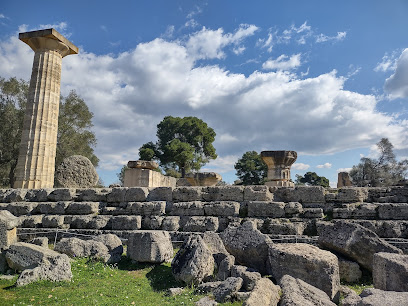
Archaeological Museum of Olympia
Explore Olympia's Archaeological Museum: Home to iconic sculptures & the world's richest collection of ancient Greek bronzes.
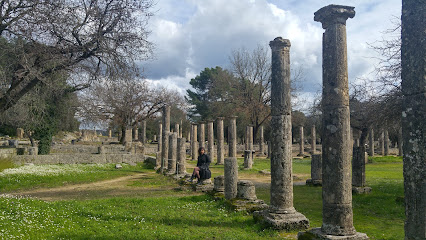
Stadium at Olympia
Walk the track where legends were made at the Stadium of Olympia, the birthplace of the Olympic Games.
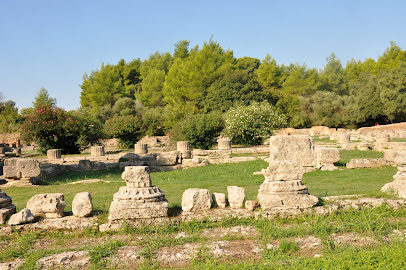
Archimedes Museum
Explore the genius of Archimedes and ancient Greek technology in the heart of Ancient Olympia. A journey through innovation!
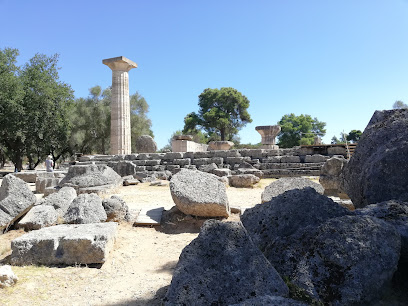
Museum of the History of the Olympic Games of antiquity
Explore the captivating history of the ancient Olympic Games through fascinating artifacts and exhibits in Olympia, Greece.
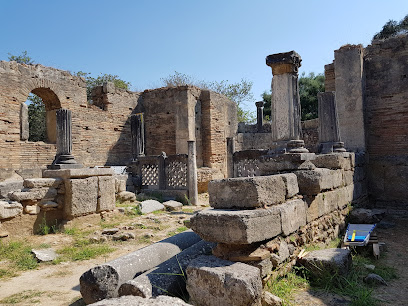
Temple of Zeus
Explore the ruins of the Temple of Zeus in Olympia, Greece, and discover the history of this ancient sanctuary and the Olympic Games.
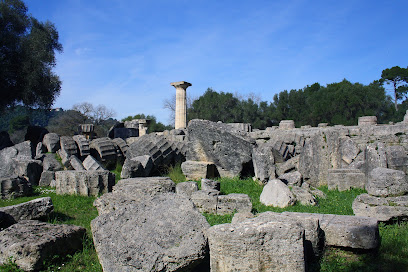
Temple of Hera
Explore the Temple of Hera in Olympia, Greece: the ancient sanctuary where the Olympic flame is kindled, steeped in history and mythology.
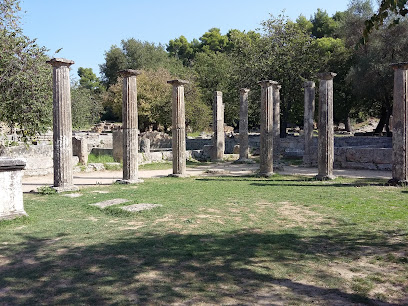
Ancient Olympia Parking Lot
Your free and convenient starting point for exploring the historic grounds of Ancient Olympia, the birthplace of the Olympic Games.
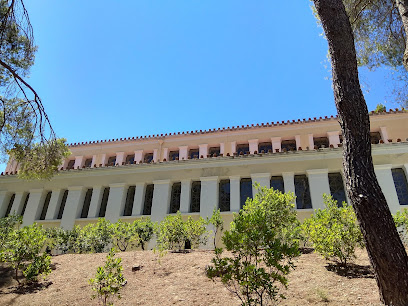
Philippeion
Explore the Philippeion in Ancient Olympia, a monument to Macedonian power and family, showcasing ancient Greek architecture and artistry.
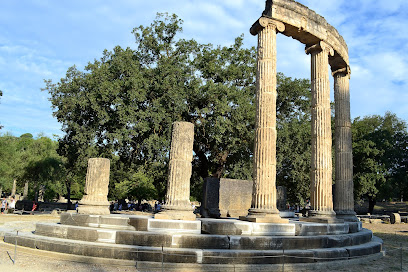
Palaestra
Explore the ruins of the Palaestra in Ancient Olympia, where athletes trained for wrestling, boxing, and pankration in preparation for the ancient Games.
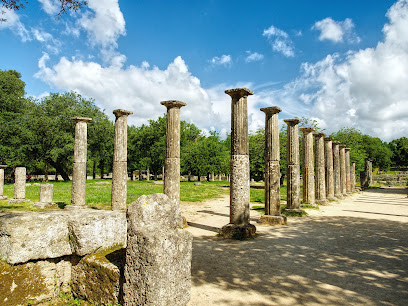
Site of Original Olympic Games
Walk in the footsteps of ancient athletes at Olympia, the birthplace of the Olympic Games and a UNESCO World Heritage site.
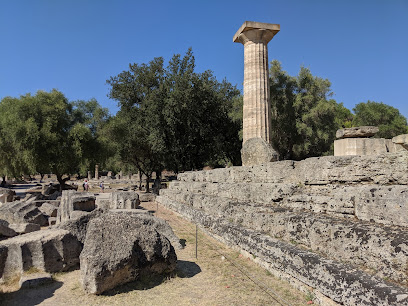
Mount Kronios
Explore Mount Kronios in Olympia: Hike through history, enjoy stunning views, and connect with the spirit of the ancient Olympic Games.
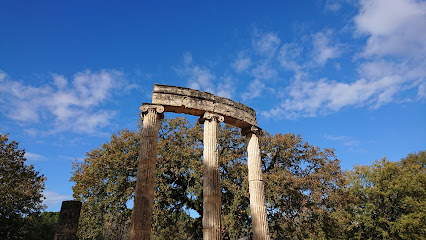
Bouleutḗrion
Explore the ruins of the Bouleuterion in Ancient Olympia, the political and administrative center where the Olympic Games were organized.
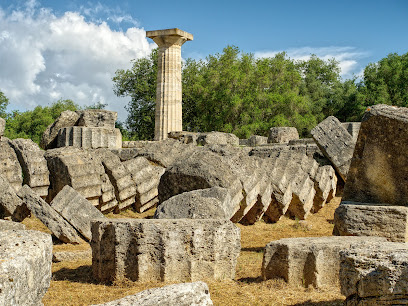
Λεωνιδαίο Αρχαίας Ολυμπίας
Explore the Leonidaion in Ancient Olympia, a luxurious ancient guesthouse built to host dignitaries during the Olympic Games.
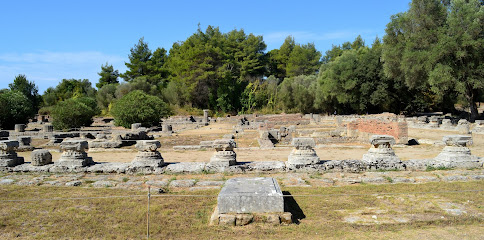
Ancient Gymnasium
Explore the ancient training grounds of Olympic athletes at the Gymnasium of Olympia, a testament to athletic preparation and dedication.
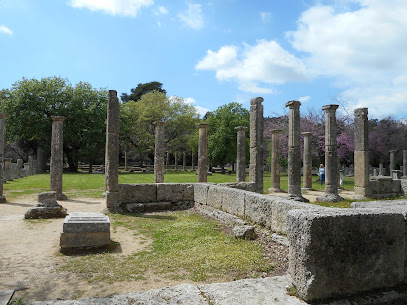
Unmissable attractions to see
Archaeological Museum of Olympia
Uncover the legacy of the ancient Olympic Games at the Archaeological Museum of Olympia, home to magnificent artifacts and rich history.
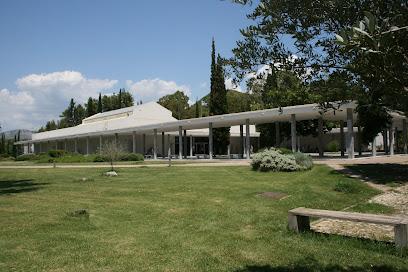
Church of Agia Theodora
Discover the spiritual richness of the Church of Agia Theodora, a captivating Greek Orthodox gem nestled in the heart of Dasochori.
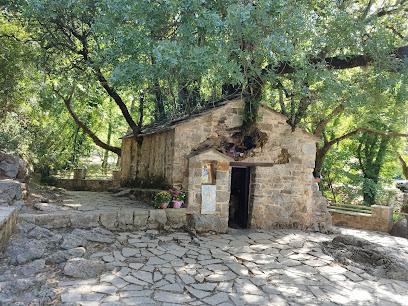
Open air Hydrokinesis (water power) Museum
Explore the Open-Air Hydrokinesis Museum in Dimitsana, a captivating heritage site showcasing the ancient art of water power and its historical significance.
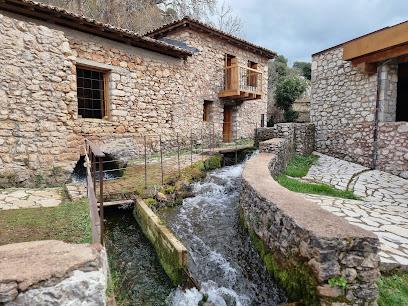
Kourouta beach
Discover the beauty of Kourouta Beach, a serene destination with golden sands, crystal-clear waters, and a vibrant atmosphere for every traveler.
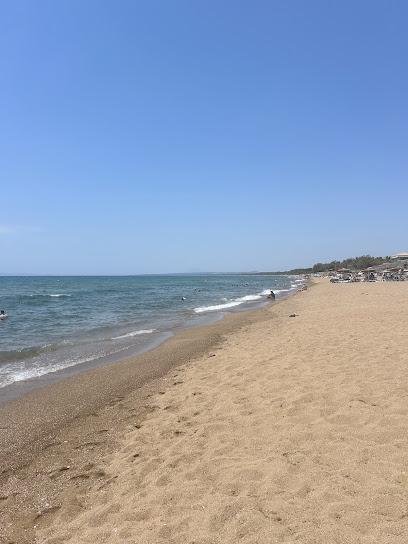
Neda Waterfalls
Experience the breathtaking beauty of Neda Waterfalls in Phigalia, Greece—a serene natural escape perfect for adventure and relaxation.
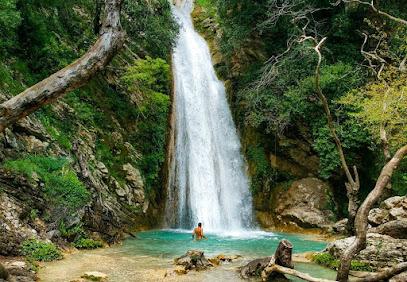
Museum of the History of the Olympic Games of antiquity
Discover the Olympic spirit at the Museum of the History of the Olympic Games of Antiquity in Archaia Olympia, where history comes alive through ancient artifacts.
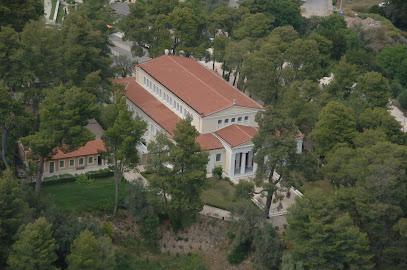
Holy Monastery of Saint John the Forerunner
Explore the Holy Monastery of Saint John the Forerunner in Tripoli, a tranquil retreat blending spirituality with beautiful architecture.
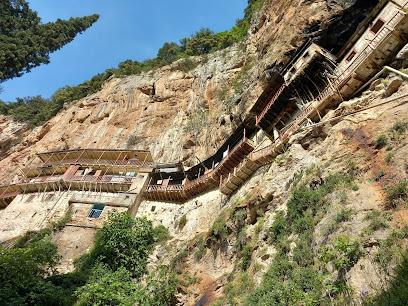
Archimedes Museum
Explore the Archimedes Museum in Archaia Olympia, where ancient science meets interactive learning, celebrating the genius of Archimedes and his inventions.
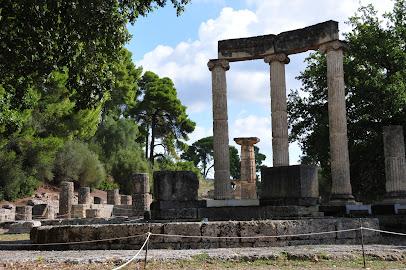
Kostas Kotsanas Museum of Ancient Greek Technology
Explore the marvels of ancient Greek technology at the Kostas Kotsanas Museum in Katakolo, a journey through history and innovation.

Shipwreck of Olympia
Explore the haunting beauty of the Shipwreck of Olympia, a captivating piece of Greece's maritime history set against stunning coastal scenery.
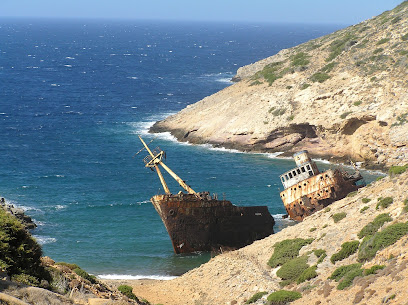
Temple of Zeus
Explore the Temple of Zeus in Archaia Olympia, a stunning historical landmark that reveals the grandeur of ancient Greece.
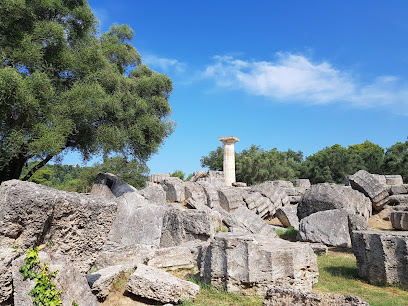
Archaeological Museum of Pyrgos
Explore the Archaeological Museum of Pyrgos: a captivating journey through ancient Greek history and culture in the heart of Pyrgos.
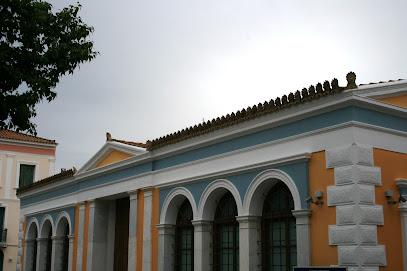
Parking Olimpia
Explore the ancient wonders of Olympia with convenient access from Parking Olimpia, a serene hub surrounded by history and nature.
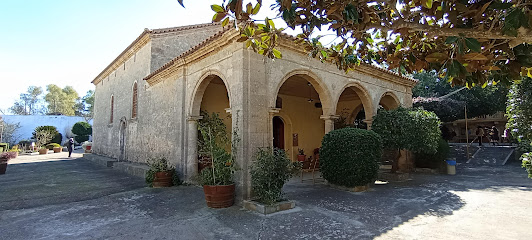
Klio's honey farm
Experience the art of honey production at Klio's Honey Farm in Ancient Olympia, where tradition meets the natural beauty of Greece.
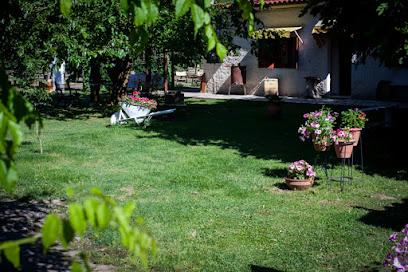
Moni Kremastis
Discover the tranquil beauty and spiritual essence of Moni Kremastis, a serene monastery nestled in the hills near Lanthi, Greece.
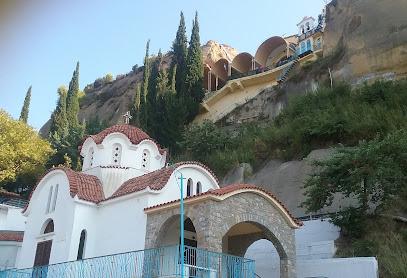
Essential places to dine
Olympia Zia
Discover authentic Greek cuisine with stunning views at Olympia Zia – an unforgettable dining experience awaits you.
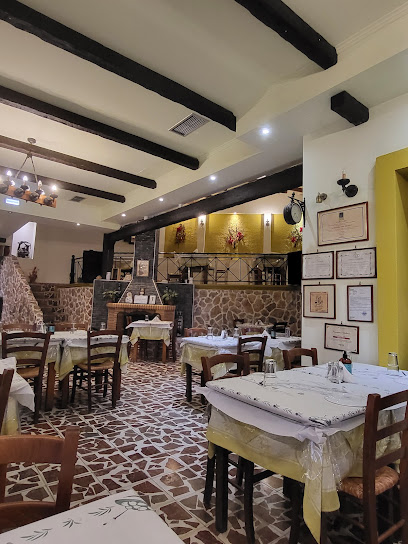
Perigiali
Discover authentic Greek flavors at Perigiali in Olympiaki Akti – where every meal is a seaside celebration.
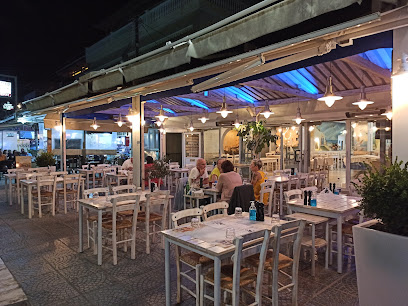
Symposio tavern
Experience authentic Greek cuisine at Symposio Tavern in Ancient Olympia - a culinary haven steeped in history and tradition.
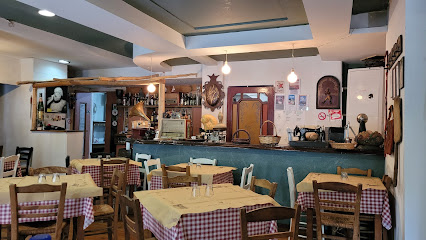
Το Κύμα
Discover authentic Greek flavors at Το Κύμα in Katakolo - where fresh ingredients meet traditional recipes.
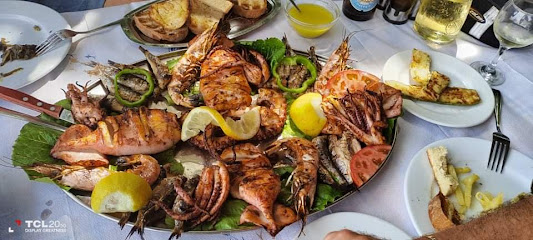
Olimpia Cilento resort
Discover the beauty of Marina di Ascea at Olimpia Cilento Resort – your perfect family-friendly retreat with stunning views and authentic Italian cuisine.
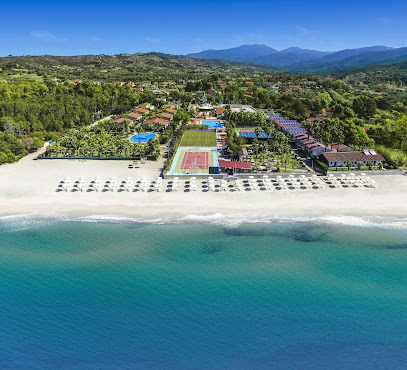
Zeus Restaurant-cafe-bar
Discover the best of Greek cuisine at Zeus Restaurant-Cafe-Bar in Ancient Olympia—where tradition meets modern taste.
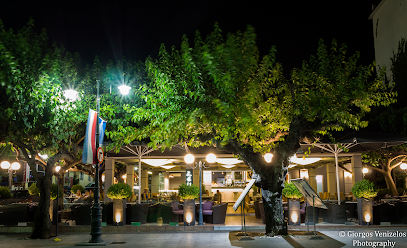
Rodo Cafe
Discover delightful flavors at Rodo Cafe in Ancient Olympia - where culinary tradition meets modern comfort.
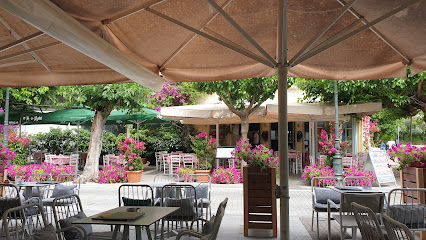
Mummy's cooking (Ευδοκία-Eudokia)
Experience authentic Greek cuisine at Mummy's Cooking in Kos - where every dish tells a story.
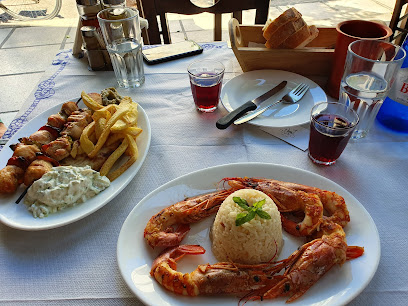
Taverna Orestis
Discover authentic Greek flavors at Taverna Orestis in Ancient Olympia – where culinary tradition meets warm hospitality.
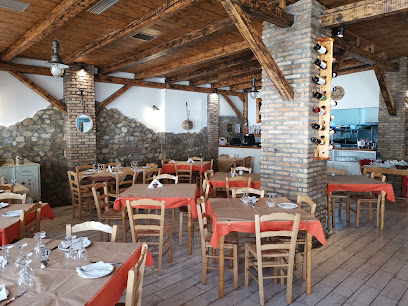
White Rose Hotel & Restaurant
Experience unparalleled comfort and exquisite dining at White Rose Hotel & Restaurant in beautiful Olympiaki Akti.
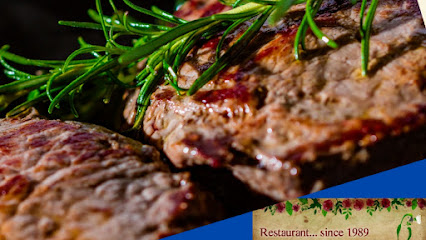
Αμβροσία - Ambrosia Garden
Experience authentic Greek cuisine amidst lush gardens in Ancient Olympia at Ambrosia Garden - where history meets culinary delight.
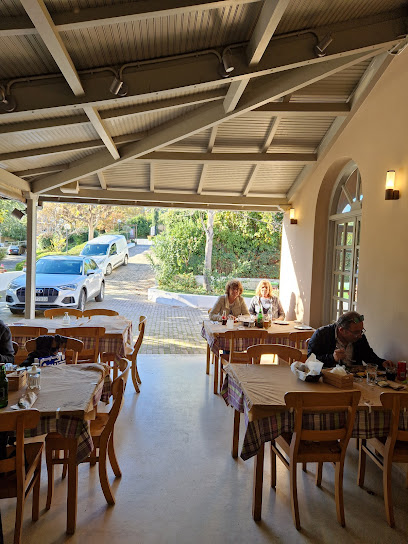
Olympia Mare Restaurant Corfu
Savor authentic Greek flavors at Olympia Mare Restaurant in Corfu's scenic Gouvia Marina.
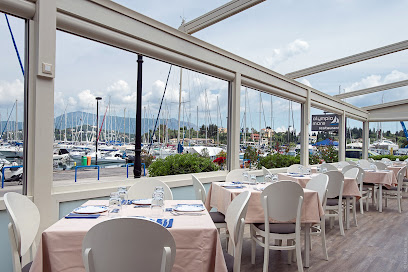
Olympia restaurant cafe
Experience authentic Greek cuisine at Olympia Restaurant Cafe in Kos - where tradition meets taste.
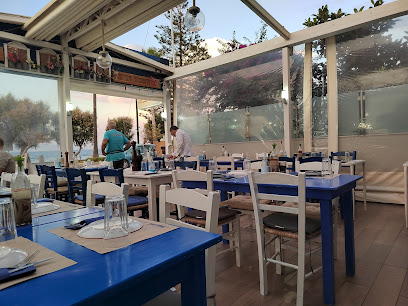
Tasty Corner
Discover delicious Greek cuisine at Tasty Corner in Kardamena's vibrant Bar Street – where flavor meets affordability.
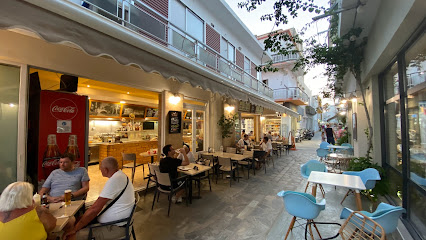
Pheidias Grill House
Experience authentic Greek flavors at Pheidias Grill House in Olympia—where grilled delights meet warm hospitality.
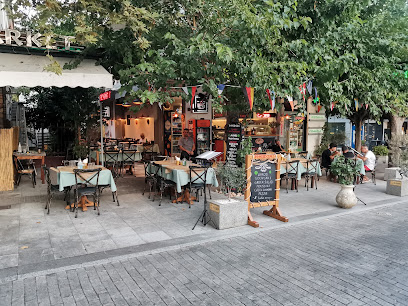
Markets, malls and hidden boutiques
Padelina Shopping Center
Experience the best shopping and dining at Padelina Shopping Center in Φαναράς, where local charm meets modern retail.
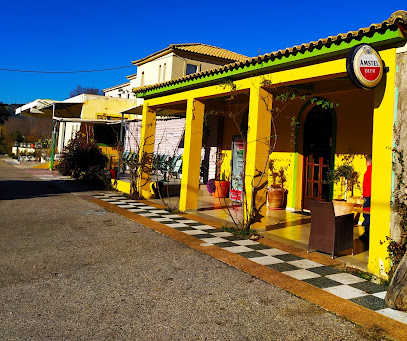
Sandalon
Explore Sandalon in Archaia Olympia for an exquisite selection of stylish and comfortable footwear to elevate your travel experience in Greece.
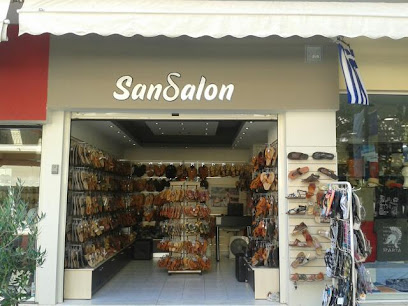
Kavvouras leather goods(since 1984)
Explore the artistry of handcrafted leather goods at Kavvouras in Archaia Olympia, where tradition meets style.
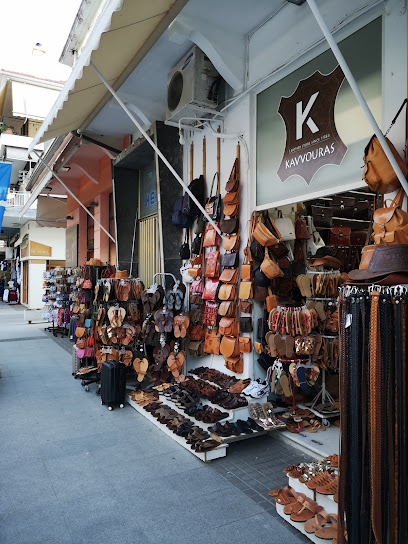
Kotinos shop, Ancient Olympia - Κατάστημα σουβενίρ Αρχαία Ολυμπία
Explore authentic souvenirs at Kotinos Shop in Ancient Olympia, capturing the essence of Greek culture and history.
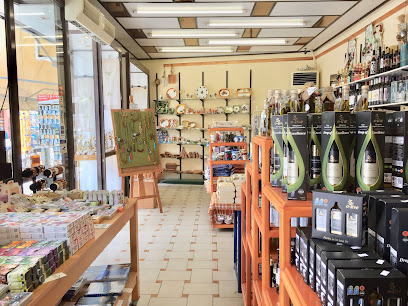
Zeus
Explore the exquisite craftsmanship of Zeus Jewelry Store in Archaia Olympia, where tradition meets modern elegance in stunning jewelry designs.
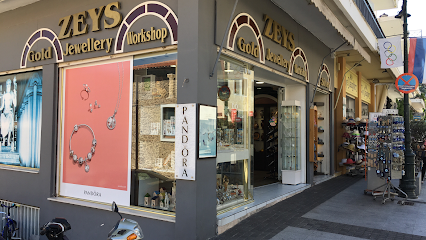
Krypte ArtShop
Explore Krypte ArtShop in Archaia Olympia for unique handmade jewelry and art that embodies the spirit of Greek culture and craftsmanship.
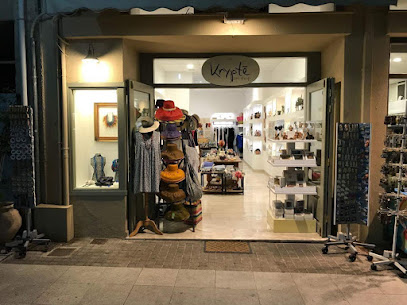
Olympic Corner
Explore Olympic Corner in Archaia Olympia for exquisite jewelry and a unique shopping experience in a vibrant atmosphere.
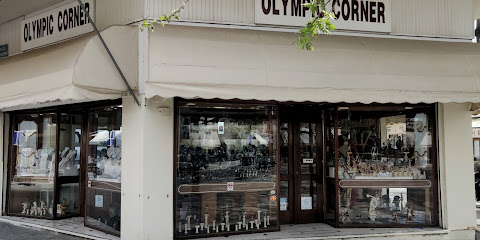
Corner T
Discover the charm of Archaia Olympia at Corner T, a vibrant shopping mall with unique boutiques and local culture.
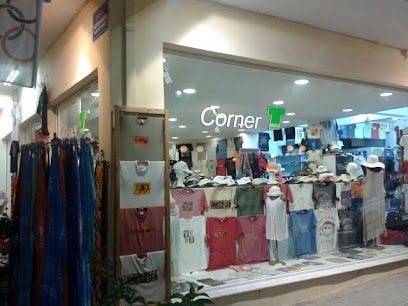
KHRYKEION
Experience the best of shopping and dining at KHRYKEION in Archaia Olympia, where modern retail meets rich Greek heritage.
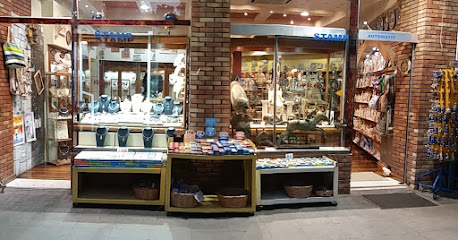
Shop of the Museum of Ancient Olympia
Discover unique souvenirs that celebrate the rich history of ancient Greece at the Shop of the Museum of Ancient Olympia.
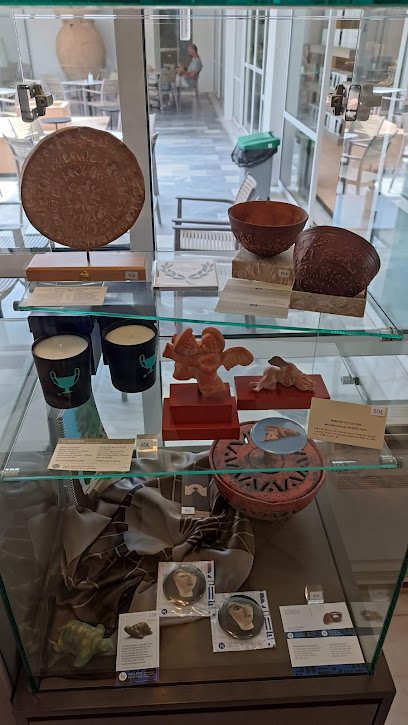
Products of Greece Olympia Nature
Explore the vibrant Products of Greece in Olympia, a traditional market that showcases authentic local flavors and artisanal crafts.
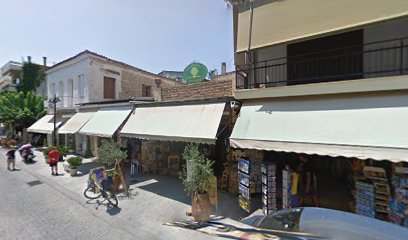
Leather Store Nebris
Explore the artistry of handcrafted leather goods at Leather Store Nebris in Archaia Olympia - a must-visit for unique Greek souvenirs.
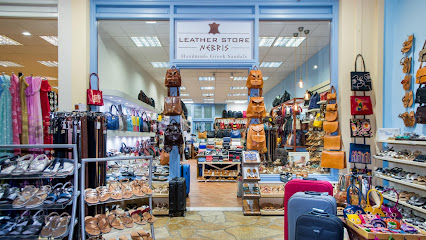
Essential bars & hidden hideouts
Couleur Locale
Discover the vibrant atmosphere and stunning Acropolis views at Couleur Locale, a unique bar and bistro in the heart of Athens.
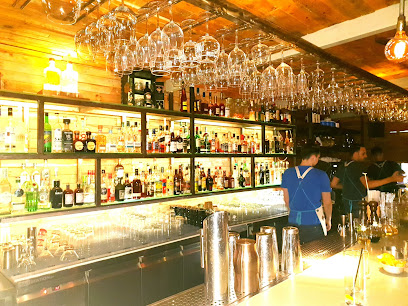
Symposio tavern
Discover the authentic flavors of Greece at Symposio Tavern in Ancient Olympia, where tradition meets culinary excellence.
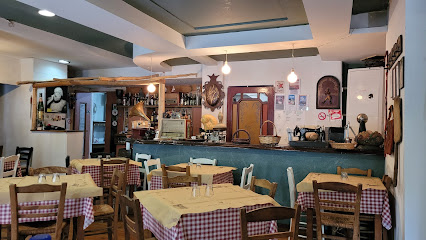
Hotel Europa Olympia
Discover the perfect blend of luxury and history at Hotel Europa Olympia, your gateway to the ancient wonders of Greece.

Zeus Restaurant-cafe-bar
Discover the perfect blend of local cuisine and vibrant atmosphere at Zeus Restaurant-Cafe-Bar in Ancient Olympia.
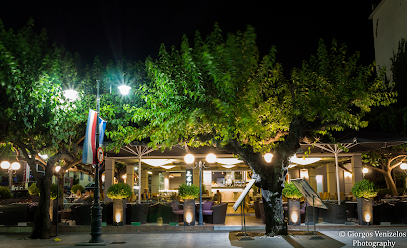
Rodo Cafe
Discover the charm of Rodo Cafe in Archaia Olympia, where delicious pizzas and refreshing drinks await in a cozy atmosphere.
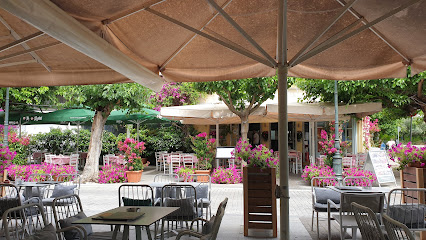
Taverna Orestis
Discover Taverna Orestis in Olympia, where authentic Greek flavors meet warm hospitality in a charming setting.
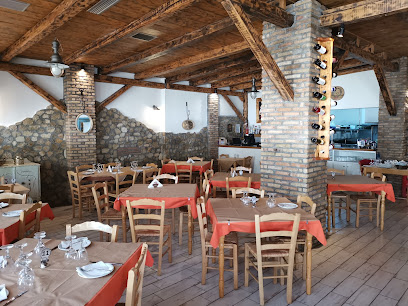
Αμβροσία - Ambrosia Garden
Discover the flavors of Greece at Ambrosia Garden, a charming restaurant in Archea Olympia offering authentic dishes and a warm atmosphere.
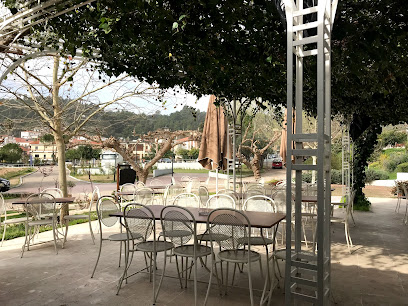
Pheidias Grill House
Discover the heart of Greek cuisine at Pheidias Grill House, where quality meets tradition in a charming setting.
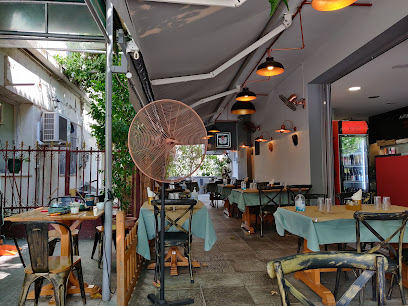
Touris Club
Experience the vibrant flavors of Greece at Touris Club in Chalkoutsi, where traditional cuisine meets lively atmosphere.
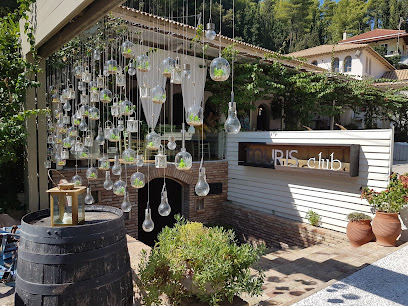
Taverna Thea
Discover the authentic flavors of Greece at Taverna Thea, where every meal is a celebration of local traditions and culinary excellence.
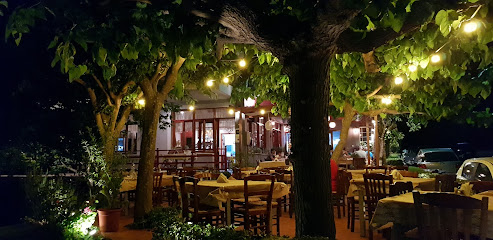
Olympias Athinas
Experience the stunning rooftop views and vibrant atmosphere at Olympias Athinas, a must-visit bar in the heart of Athens.
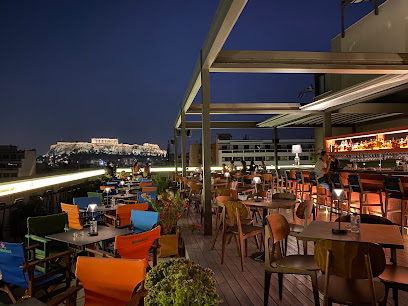
Zorbas Bar Ancient Olympia
Experience the vibrant atmosphere of Zorbas Bar in Ancient Olympia, where cocktails and history blend seamlessly for an unforgettable night out.
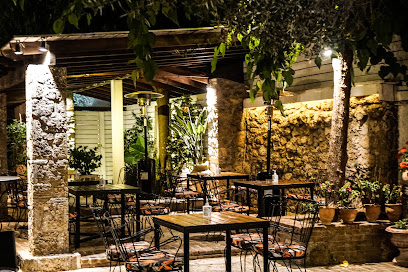
taverna the garden
Experience the essence of Greek culinary tradition at Taverna The Garden, where fresh ingredients meet stunning views in Olympia.
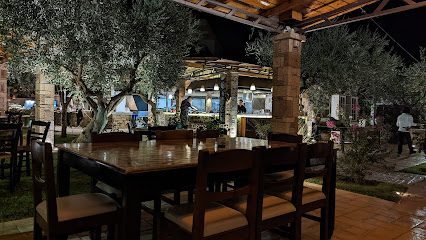
Mythos, Family Grill Tavern
Experience authentic Greek flavors at Mythos, Family Grill Tavern, a delightful dining spot near the historic site of Ancient Olympia.
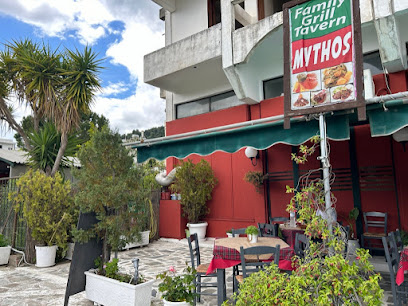
Travel experiences inspired by this city
Explore more travel diariesLocal Phrases
-
- HelloΓεια σας
[Ya sas] - GoodbyeΑντίο
[Adio] - YesΝαι
[Ne] - NoΌχι
[Ohi] - Please/You're welcomeΠαρακαλώ
[Parakalo] - Thank youΕυχαριστώ
[Efharisto] - Excuse me/SorryΣυγγνώμη
[Signomi] - How are you?Πώς είστε;
[Pos iste?] - Fine. And you?Καλά. Εσείς;
[Kala. Esis?] - Do you speak English?Μιλάτε Αγγλικά;
[Milate Agglika?] - I don't understandΔεν καταλαβαίνω
[Den katalaveno]
- HelloΓεια σας
-
- I'd like to see the menu, pleaseΘα ήθελα να δω το μενού, παρακαλώ
[Tha ithela na do to menou, parakalo] - I don't eat meatΔεν τρώω κρέας
[Den troo kreas] - Cheers!Υγεία!
[Ygeia!] - I would like to pay, pleaseΘα ήθελα να πληρώσω, παρακαλώ
[Tha ithela na plirosso, parakalo]
- I'd like to see the menu, pleaseΘα ήθελα να δω το μενού, παρακαλώ
-
- Help!Βοήθεια!
[Voithia!] - Go away!Φύγε!
[Fiye!] - Call the Police!Καλέστε την Αστυνομία!
[Kaleste tin Astynomia!] - Call a doctor!Καλέστε για γιατρό!
[Kaleste ya yatro!] - I'm lostΈχω χαθεί
[Eho hafi] - I'm illΕίμαι άρρωστος
[Eime arrostos]
- Help!Βοήθεια!
-
- I'd like to buy...Θα ήθελα να αγοράσω...
[Tha ithela na agoraso...] - I'm just lookingΑπλά κοιτάω
[Apla kitao] - How much is it?Πόσο κοστίζει;
[Poso kostizi?] - That's too expensiveΑυτό είναι πολύ ακριβό
[Afto ine poli akribo] - Can you lower the price?Μπορείτε να χαμηλώσετε την τιμή;
[Borite na hamilosete tin timi?]
- I'd like to buy...Θα ήθελα να αγοράσω...
-
- What time is it?Τι ώρα είναι;
[Ti ora ine?] - It's one o'clockΕίναι μία ώρα
[Ine mia ora] - Half past (10)Μισή (10)
[Misi (deka)] - MorningΠρωί
[Proi] - AfternoonΑπόγευμα
[Apoyevma] - EveningΒράδυ
[Vradi] - YesterdayΧθες
[Hthes] - TodayΣήμερα
[Simera] - TomorrowΑύριο
[Avrio] - 1Ένα
[Ena] - 2Δύο
[Dio] - 3Τρία
[Tria] - 4Τέσσερα
[Tessera] - 5Πέντε
[Pente] - 6Έξι
[Exi] - 7Επτά
[Epta] - 8Οκτώ
[Okto] - 9Εννιά
[Ennia] - 10Δέκα
[Deka]
- What time is it?Τι ώρα είναι;
-
- Where's a/the...?Πού είναι ένα/το...;
[Pou ine ena/to...?] - What's the address?Ποια είναι η διεύθυνση;
[Pia ine i diefthinsi?] - Can you show me (on the map)?Μπορείτε να μου δείξετε (στο χάρτη);
[Borite na mou dixete (sto charti)?] - When's the next (bus)?Πότε είναι το επόμενο (λεωφορείο);
[Pote ine to epomeno (leoforeio)?] - A ticket (to ....)Ένα εισιτήριο (για ....)
[Ena isitirio (ya ....)]
- Where's a/the...?Πού είναι ένα/το...;
History of Olympia
-
Olympia’s roots trace back to the 10th century BCE, during the Greek Dark Ages. It was initially a rural sanctuary dedicated to the worship of Zeus. The site’s significance grew over time, becoming a major center for religious and athletic activities in ancient Greece.
-
The Olympic Games were first held in 776 BCE in Olympia. These games were part of a religious festival honoring Zeus. Held every four years, the event featured various athletic competitions, including running, wrestling, and chariot racing, and brought together athletes from different Greek city-states.
-
Constructed in the mid-5th century BCE, the Temple of Zeus was one of the most significant structures in Olympia. It housed the Statue of Zeus, one of the Seven Wonders of the Ancient World. The temple was a masterpiece of Doric architecture, symbolizing the power and prestige of the deity and the city.
-
The Heraion, or Temple of Hera, is one of the oldest temples in Olympia, dating back to around 600 BCE. Dedicated to Hera, the wife of Zeus, this temple served as a primary place of worship for the goddess and played a significant role in the religious life of Olympia.
-
The Philippeion, built by Philip II of Macedon to celebrate his victory at the Battle of Chaeronea in 338 BCE, is a circular memorial in the Altis of Olympia. It is unique in its design and was meant to honor both the Macedonian royal family and the gods.
-
The ancient Olympic Games continued until 393 CE when Emperor Theodosius I banned all pagan festivals, including the Olympics, as part of his efforts to promote Christianity. The site of Olympia gradually fell into disrepair and was ultimately abandoned.
-
Olympia remained buried for centuries until systematic excavations began in the 19th century, led by German archaeologists. These excavations uncovered many of the site’s treasures, including temples, statues, and artifacts, offering invaluable insights into ancient Greek culture and history.
-
Today, Olympia is a UNESCO World Heritage site and a major tourist attraction. The site includes a museum that houses many of the artifacts discovered during excavations. Olympia also plays a ceremonial role in the modern Olympic Games, with the Olympic flame being lit at the ancient site before each Games.
Olympia Essentials
-
Olympia is located in the western part of the Peloponnese peninsula in Greece. The nearest major airport is Araxos Airport, approximately 100 kilometers away. You can also fly into Athens International Airport and then take a bus, train, or rent a car to reach Olympia. The journey from Athens typically takes around 4 hours by road. There are also direct bus services from Athens and other major cities in Greece.
-
Once in Olympia, most of the main attractions are within walking distance. For longer distances, you can use local taxis, which are reasonably priced. Car rentals are available for those who prefer to explore the surrounding areas at their own pace. Public buses also operate in Olympia and connect to nearby towns and villages.
-
The official currency in Greece is the Euro (EUR). Credit and debit cards are widely accepted in most hotels, restaurants, and shops. However, it is advisable to carry some cash, especially for smaller establishments and markets. ATMs are readily available in Olympia, so withdrawing cash should not be an issue.
-
Olympia is generally a safe destination for tourists. Petty crimes such as pickpocketing can occur, particularly in crowded areas, so keep an eye on your belongings. Avoid walking alone late at night in poorly lit areas. There are no specific high-crime neighborhoods targeting tourists, but standard travel precautions should always be taken.
-
In case of emergency, dial 112 for immediate assistance. This number connects you to emergency services including police, fire, and medical services. Olympia has a medical center and pharmacies where you can get over-the-counter medications. It is recommended to have travel insurance that covers medical emergencies.
-
Fashion: Do dress modestly, especially when visiting religious sites. Avoid overly revealing clothing. Religion: Do respect local customs and traditions. When visiting churches or monasteries, cover your shoulders and legs. Public Transport: Do be courteous and give up your seat to elderly passengers. Don't eat or drink on public transport. Greetings: Do greet people with a handshake. A simple 'Kalimera' (Good Morning) or 'Kalispera' (Good Evening) is appreciated. Eating & Drinking: Do try local delicacies and accept food offerings graciously. Don’t rush through your meal; take your time to enjoy it.
-
To experience Olympia like a local, visit the local markets where you can buy fresh produce and regional goods. Engage with locals, as they are often friendly and willing to share stories about Olympia’s rich history and culture. Try to visit during the shoulder seasons (spring and autumn) when the weather is pleasant and the crowds are thinner. Don’t miss the opportunity to explore the Archaeological Museum of Olympia, which houses artifacts from the ancient Olympic Games.
Trending Landmark in Olympia
-
Archaeological Site of Olympia
-
Archaeological Museum of Olympia
-
Stadium at Olympia
-
Archimedes Museum
-
Museum of the History of the Olympic Games of antiquity
-
Temple of Zeus
-
Temple of Hera
-
Ancient Olympia Parking Lot
-
Philippeion
-
Palaestra
-
Site of Original Olympic Games
-
Mount Kronios
-
Bouleutḗrion
-
Λεωνιδαίο Αρχαίας Ολυμπίας
-
Ancient Gymnasium
Nearby Cities to Olympia
-
Things To Do in Zakynthos
-
Things To Do in Patras
-
Things To Do in Kalamata
-
Things To Do in Nafplio
-
Things To Do in Delphi
-
Things To Do in Lamia
-
Things To Do in Athens
-
Things To Do in Volos
-
Things To Do in Meteora
-
Things To Do in Larissa
-
Things To Do in Ioannina
-
Things To Do in Corfu
-
Things To Do in Saranda
-
Things To Do in Gjirokastër
-
Things To Do in Katerini













